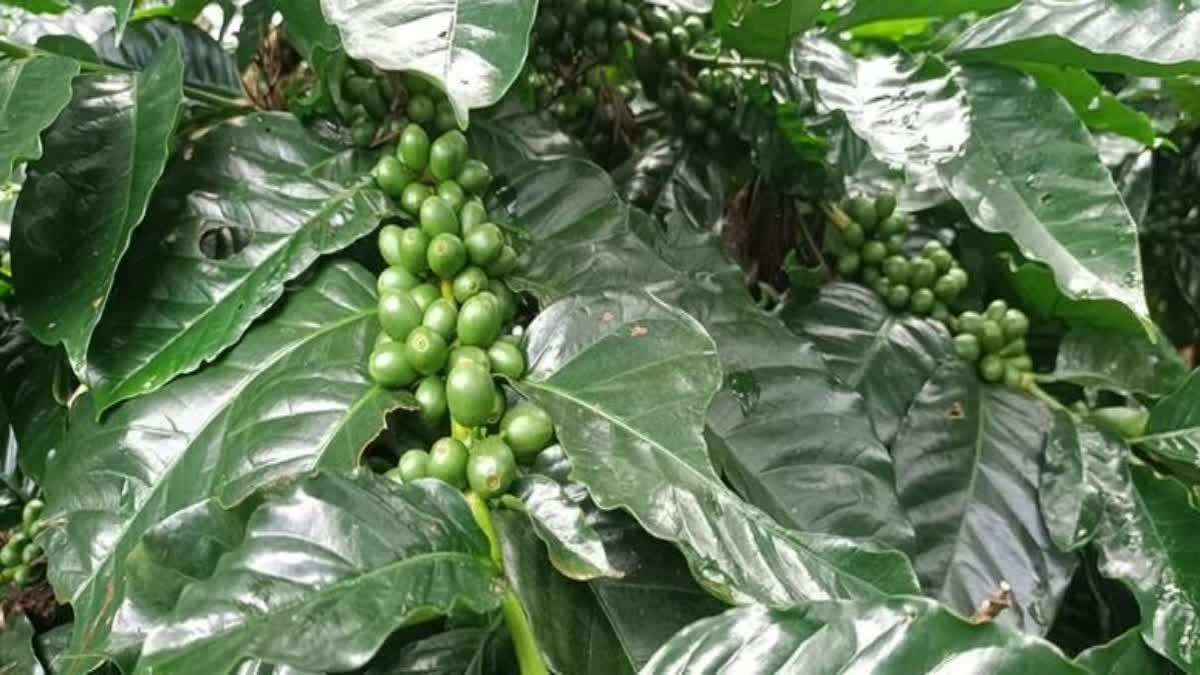Koraput: Coffee is no longer just a morning pick-me-up, rather it is carving out a space in healthy diets worldwide. With its antioxidants, vitamins, and fibers, coffee is gaining recognition as a nutritional powerhouse. Now, two unique varieties from Odisha’s Koraput district — Chandragiri and Kaveri — are making a mark with exceptional quality and health benefits. These nutrient-rich coffees, cultivated by local tribal communities, have caught the attention of experts and coffee connoisseurs alike, setting Koraput on the path to becoming a name in the world of premium, healthy coffee.
New research has now confirmed what locals have known for generations: Chandragiri and Kaveri coffees are not only flavorful but also packed with healthful nutrients. In a study led by Dr. Debabrata Panda at Odisha Central University, these varieties were found to contain higher levels of protein, fiber, antioxidants, and essential minerals than standard coffee types like Arabica, Liberica, and Robusta.
Dr. Panda alongside colleagues and students Rajin Rani Singh and Monali Nanda, conducted the research focusing on analyzing the nutritional content of various coffee varieties cultivated in Koraput’s East Coast Plateau. A total of 13 distinct coffee types were taken for the research . “Among the coffee types cultivated here, Chandragiri and Kaveri stood out for their superior nutritional profile,” Dr. Panda explained. “These varieties contain the highest fiber content, along with essential nutrients that make them not only flavorful but also beneficial for health.”
Published Findings in Vegetos Journal
The findings were recently published in the international journal Vegetos, earning accolades from prominent figures in academia. Professor Chakradhar Tripathi, Vice Chancellor of Odisha Central University, and Professor Sharat Kumar Palita, Head of the Department of Biodiversity and Natural Resources, praised the research as a significant contribution to both science and regional development. They believe the insights gained from this study will enhance Koraput’s standing in the coffee industry and foster new opportunities for the district’s tribal growers.
